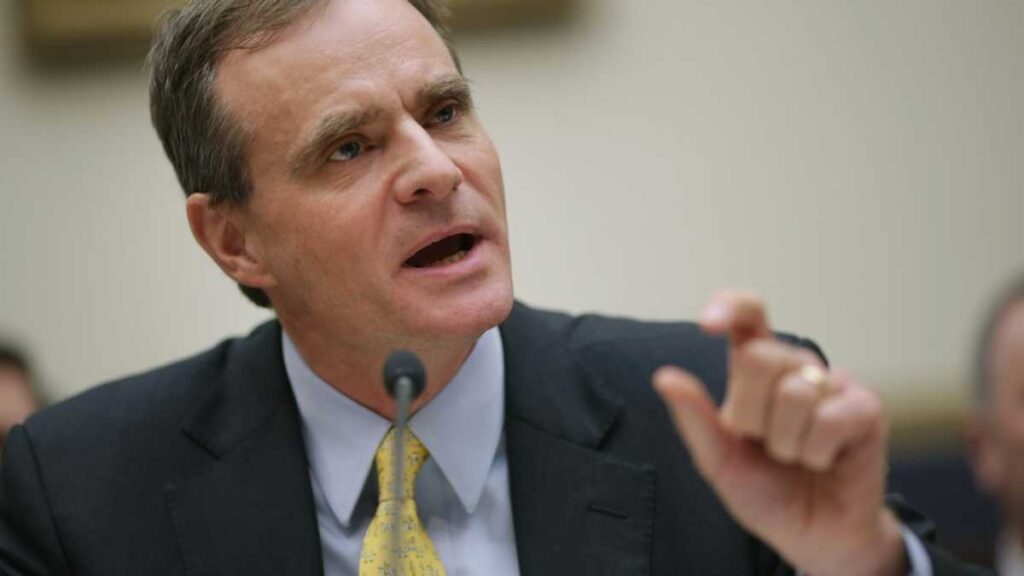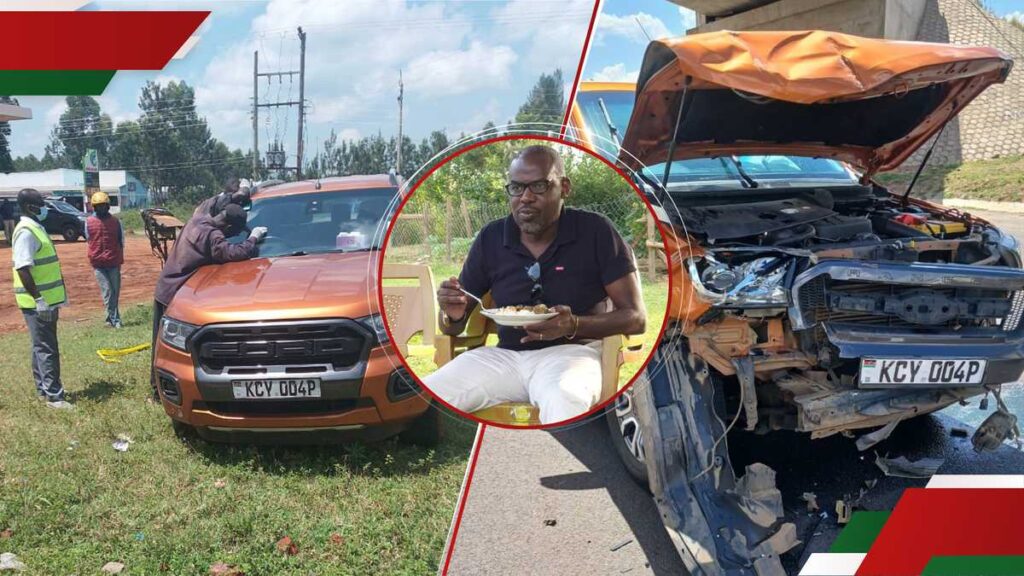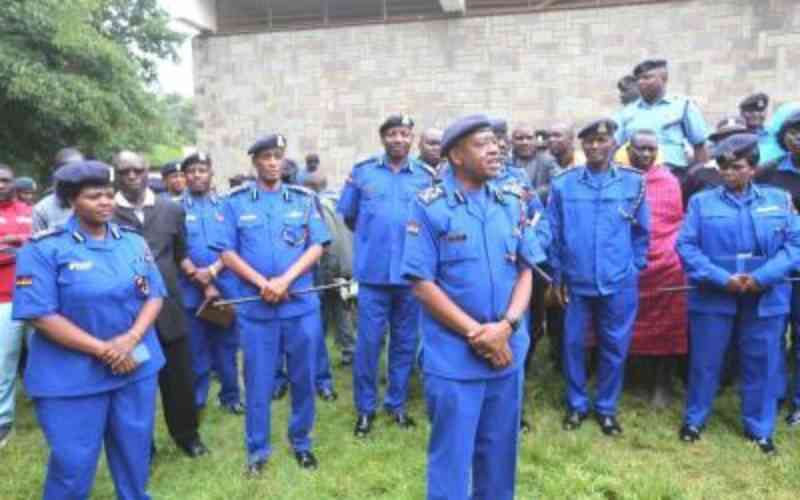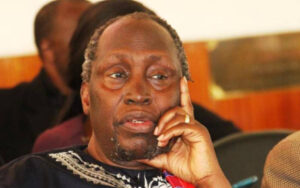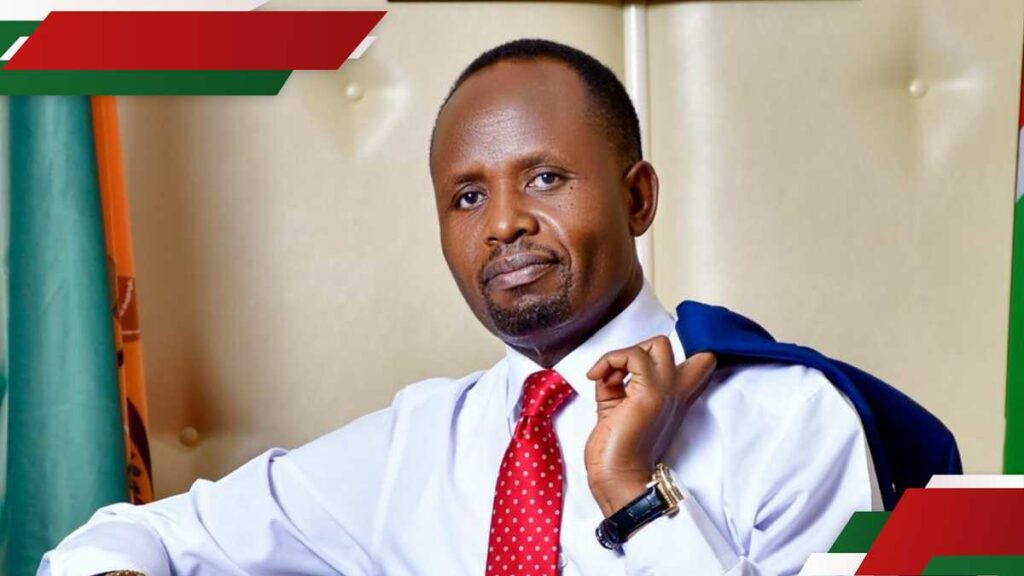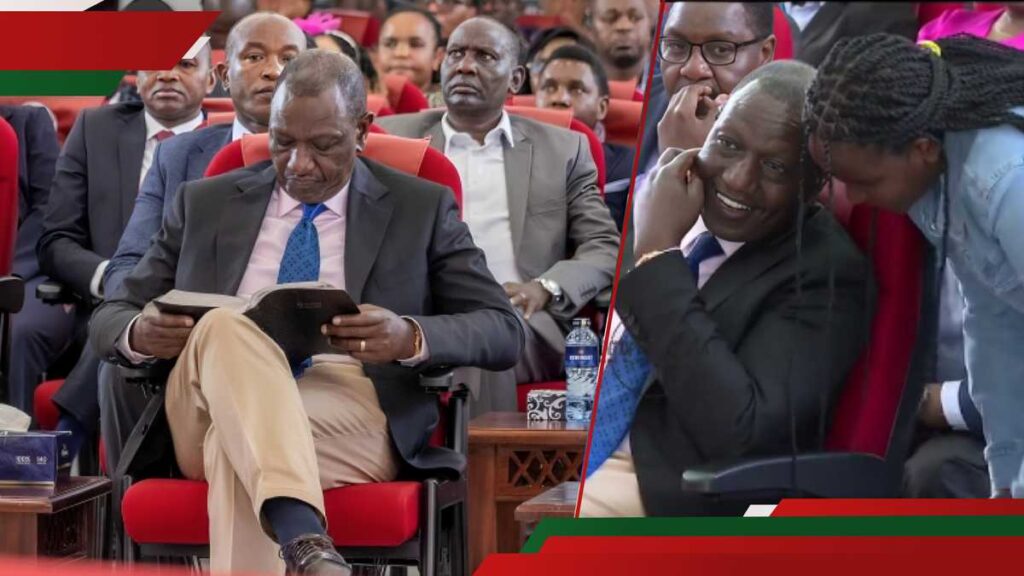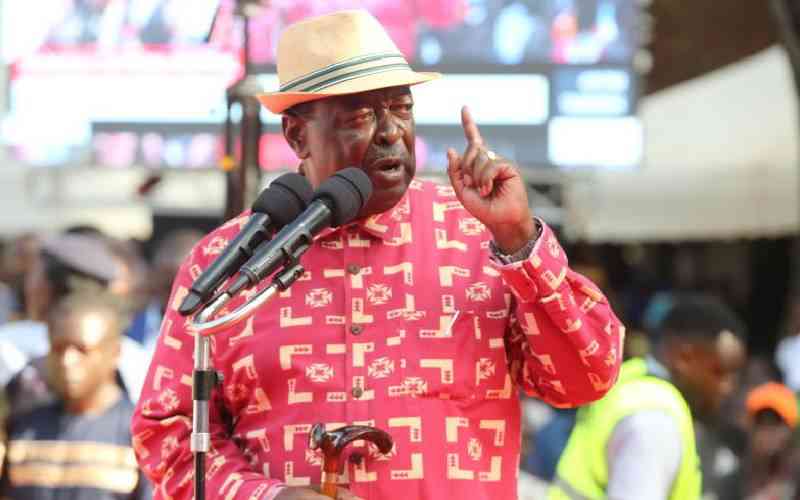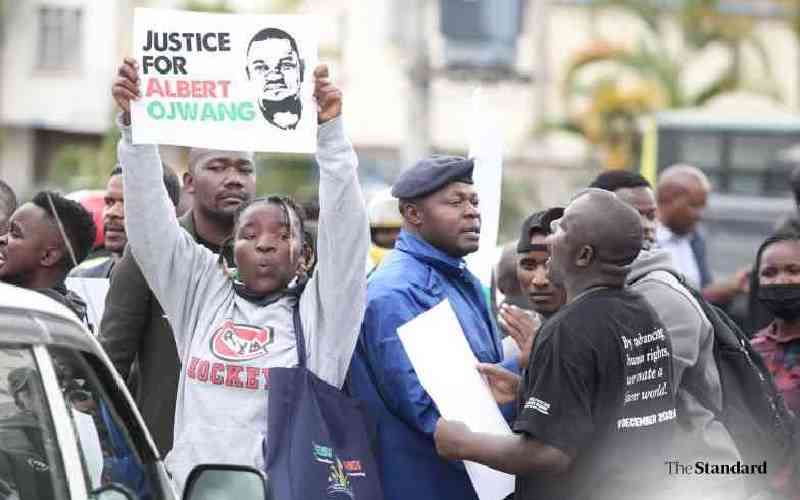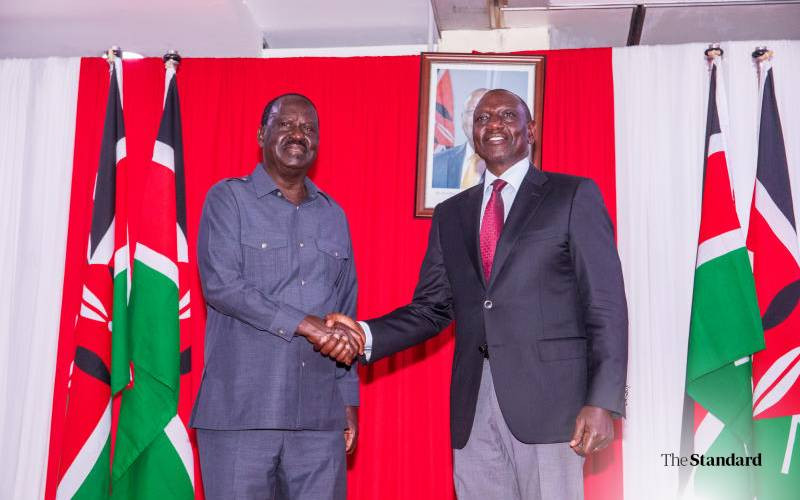A controversial yet widespread practice—the detention of bodies in hospitals over unpaid medical bills—has sparked intense national debate in Kenya, following the first reading of the Health (Amendment) Bill No. 56 of 2024.
Sponsored by Kirinyaga Woman Representative Njeri Maina, the bill seeks to outlaw the holding of deceased persons in hospitals due to outstanding medical bills. Taking to her X (formerly Twitter) account, Maina declared:
“As the sponsor of the Bill, I am seeking to criminalize detention of dead bodies by hospitals due to non-payment of accrued medical bills in instances where the families are unable to pay.”
She described the move as a “dignified step toward humanizing death” within the context of African culture, referencing past rulings that have already declared the practice illegal.
“The high court has declared it illegal to detain a body,” she said, “Hospitals are not detainment facilities.”
The MPs move has elicited mixed reactions, with some netizens lauding her boldness, while others voiced concerns over the practical implications of the proposed law.
One user, @kiogothimaina, praised the initiative, tweeting: “Now this is a leader (legislator) who knows her work. Kudos. That the matter is being legislated is a significant milestone considering the extent to which it has been adjudicated in our courts.”
Many echoed the emotional toll of body detention. @AceNyakundi questioned the logic of the practice: “Sometimes, I do wonder why we spend so much to get a corpse. Surely, if you let the hospital remain with the corpse, what will it benefit them? Will they eat it? Sell it? Punish it?”
Others, like @mtukufumimi, suggested the bill should go further in ensuring the immediate release of bodies by hospitals regardless of a family’s financial situation: “All bodies should be released for burial expeditiously on public health and efficient use of public and private resources grounds. A body can’t be used as lien.”
Despite broad support for its compassionate aim, critics fear the bill could have unintended effects—particularly on hospitals’ ability to remain financially viable. @MRWHITESTRIPES raised a concern echoed by many: “Good move, but does your bill give direction on who should bear the financial burden for services rendered to the deceased while he/she was a live?. Who will compensate the hospital for the resources they used?”
@JymohK added: “Do you think that those facilities will be functional in the next 5 yrs if they wave all the bills?”
There are also fears that hospitals might adopt tougher policies, such as demanding upfront payments, which could deny care to critical patients. @theholypropane warned: “Hospitals will just stop admitting people without upfront payment. This bill could do more harm than good.”
On Facebook, one Mugaru Robinson praised the MP for her advocacy:
“Detaining bodies due to unpaid medical bills not only adds pain to grief but also denies families the closure they deserve. Your voice in Parliament is a voice for the voiceless and we stand with you mamaa.”
Stay informed. Subscribe to our newsletter
What Next for the Bill?
Hon Njeri Maina is hopeful her bill will pass, but for it to truly work, the public debate shows it needs to include government support for hospitals and broader healthcare reforms. The bill has successfully sparked a much-needed conversation about a long-standing issue in Kenya.















